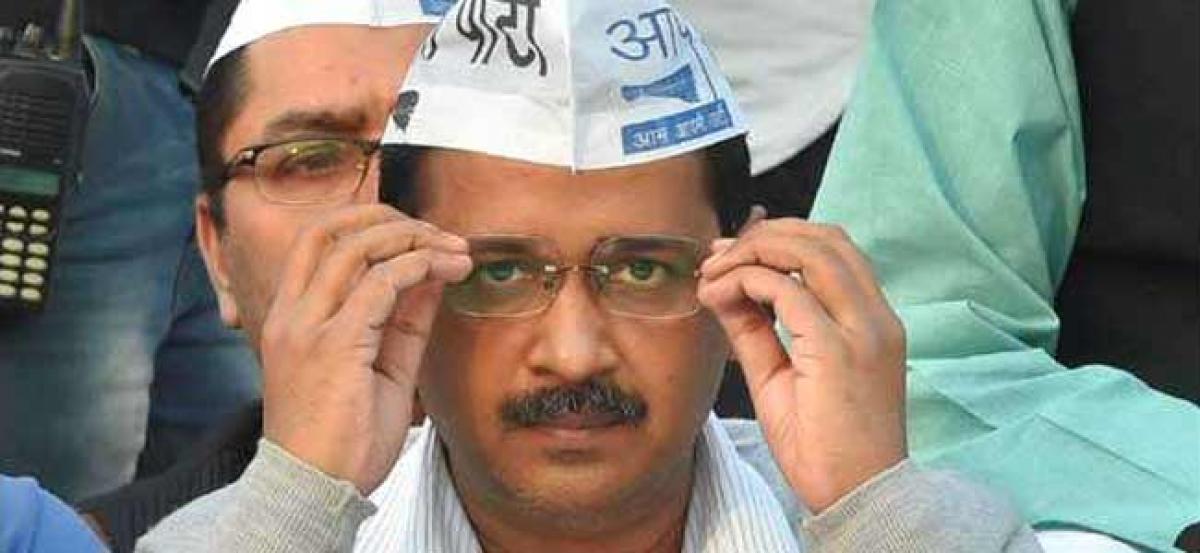Live
- Salesforce Faces Margin Slowdown Amid Strong Q3 Results
- Nani Wins Mega Fans’ Hearts with His Support for Chiranjeevi’s New Film
- Infusion Nursing Society Hosts 12th Annual Conference at Yashoda Hospital, Hyderabad
- HDFC Bank to Organise 16th Annual Blood Donation Drive on December 6, 2024
- Musk, Ramaswamy Urge End to Daylight Saving Time Clock Changes
- IMT Hyderabad Hosts Grand Convocation Ceremony to Celebrate Graduating batch of 2022-2024
- Coromandel International and International Fertilizer Development Center Partner to Advance Fertilizer Innovation and Sustainable Agriculture in India
- Formulate plans to achieve goal of 'one family, one entrepreneur': CM tells officials
- Toyota Kirloskar Motor Concludes 32nd iCARE Activity, Strengthening Commitment to Community Development
- A grand celebration of love: Naga Chaitanya, Sobhita Dhulipala tie the knot









